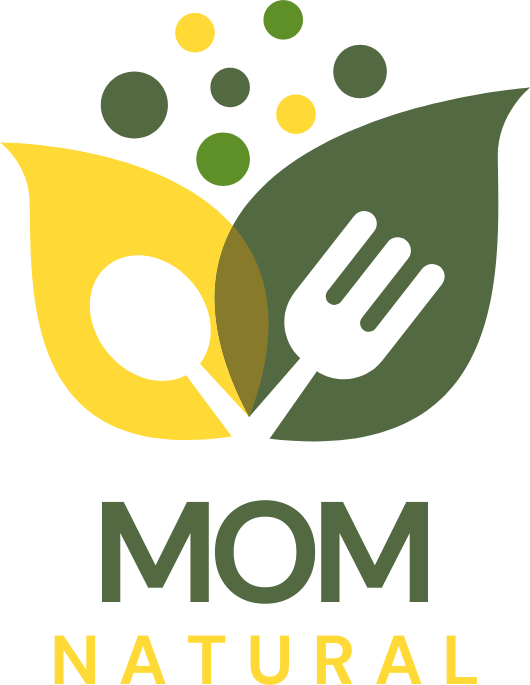Essential Factors for Enhancing Fine Motor Development
Developing hand skills in infants and toddlers is crucial as it aids them to hold and manipulate objects. Fine motor skill activities are a perfect way to stimulate this development and I’m thrilled to provide useful insights on the topic.
Sensory Play and Its Role in Motor Skills Development
The first encounters your baby has with the world around them are largely sensory based. Their hands help them experience their surroundings, and through sensory play, fine motor skills are honed. This type of play involves engaging your child’s senses through activities that stimulate sight, hearing, touch, taste, and smell. Not only do they benefit the mind and body connection, but they also cultivate neural pathways that lead to learning, creativity, and overall fine motor development.
Key Fine Motor Skill Activities to Engage your Baby
Here are some fantastic activity ideas that your baby will find both enjoyable and beneficial:
- Rescuing toys: Hide small toys in a container filled with rice, pasta, or dry beans. Watching your little one dig in and discover hidden treasures is not only fun, but it’s an excellent method for developing hand skills.
- Stringing beads: For older infants, you can use larger beads and once they get the hang of it, you can gradually introduce smaller beads. This activity enhances their fine motor skills and dexterity.
- Work Bins: These are boxes filled with activities designed to improve your toddler’s hand skills, such as coloring, cutting, and pasting. These activities provide an array of fine motor skill opportunities.
- Puzzles: Simple wooden puzzles are great for babies as they learn to manipulate the pieces to fit into specific spaces. It helps enhance their hand-eye coordination and manual dexterity.
As much as we focus on these activities, maintaining your baby’s hygiene is also important. Always ensure the cleaning of hands and toys after every play session.
How to Integrate Fine Motor Skill Activities into your Parenting Routine
As parents, it is important to bear in mind that while these activities may be fun for your little ones, ensuring they are safe is paramount. Here are some ways to incorporate these activities into your routine.
- Playtime: Dedicate a portion of your baby’s playtime to these activities. Whether it’s in the morning, afternoon, or evening, consistent play sessions will gradually improve their fine motor skills.
- Meal Preparations: Involving your child in simple kitchen tasks can be a great opportunity to develop their skills. For instance, have them help in washing fruits or vegetables, stirring light mixtures, or even setting the table. Don’t forget to consider food safety and allergies when involving them in food-related tasks.
- School Activities: If your child is at an appropriate age, liaise with their teacher or caregiver to integrate these activities into their school routine. This way, they can continue improving their skills even while at school.
Remember, each child develops at their own pace. Try not to rush them and instead, give them patience, understanding, and love. With time, their skills will blossom.
Creating a Safe Environment for Motor Skill Development
When planning these activities, it’s equally important to create a secure environment where your child can explore and learn freely. Here are a few useful tips:
- Ensure that toys and materials are age-appropriate and safe for your child. Avoid toys with sharp or pointy edges and small parts that they might swallow.
- Check regularly for any potential hazards in the playing area such as cables, furniture corners, or loose carpet edges. Baby-proof your home by installing safety guards and gates, and try to maintain a clutter-free area as much as possible.
- Supervise your child during play or kitchen activities to prevent any accidents. However, avoid micromanaging their actions. The goal is to allow them to independently explore and practice their fine motor skills.
Exploring More Fine Motor Skill Activities
We never stop learning, and there’s always more to discover. Check out these excellent resources for additional activity ideas:
- The Train Driver’s Wife offers numerous creative activities that engage kids in enhancing their fine motor skills. These range from threading and sticking tasks, to unique crafts that combine fun and learning.
- Instagram mom @HomegrownTraditions shares inspiration for creating DIY fine motor skill games for toddlers, promoting an educational ‘play while learning’ approach.
- At Hojo’s Life Adventures, you’ll find an array of ideas tailored for toddlers, encompassing everything from painting and coloring activities to sensory bins and Lego play.
- Oh Hey, Let’s Play! features age-specific motor skill activities for 1-2 year old toddlers, helping parents find developmentally appropriate ideas for their little ones.
Nurturing Fine Motor Skills through Consistent Practice
Strengthening fine motor skills requires repeated practice. This might seem monotonous at times, but remember, you are laying the groundwork for your child’s future abilities. As they grow, you’ll see them use these skills in various aspects of their daily activities, whether it’s while grasping a pencil, buttoning a shirt, or even tying a shoelace.
If you observe that your child is struggling with some activities, don’t hesitate to consult a pediatric therapist. They can provide specialized advice and exercises to help stimulate the development of these skills.
Lastly, the journey of fine motor skill development is as unique as your child. Maintain a supportive and patient attitude, and rejoice in their small victories. Their wide smiles are well worth the effort!

